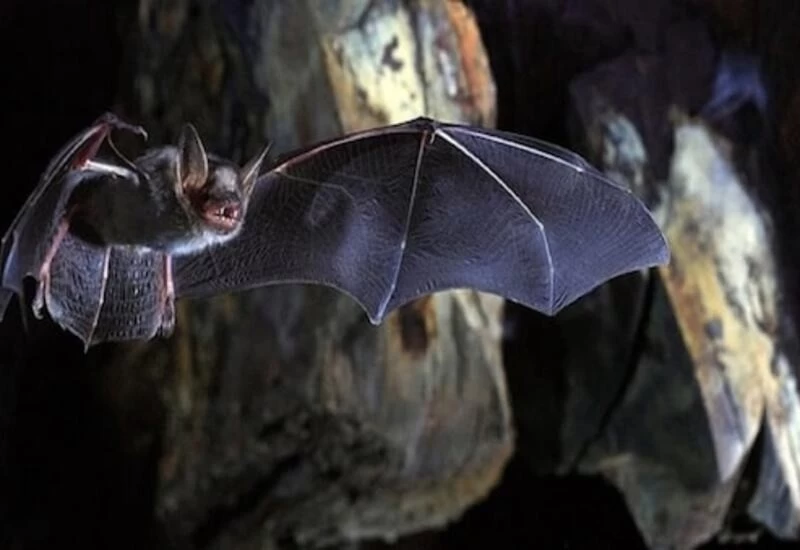New Delhi. In the United Kingdom, a particular type of bat, the horse shoe bat, has been found to contain SARS-CoV-2, which causes humans to be infected with the corona virus. This has been revealed in a research conducted in collaboration with the University of East Anglia, the Zoological Society of London (ZSL) and Public Health England (PHE). However, the researchers said there is no evidence that the virus has spread to humans or that it may spread in the future unless it mutates
The new virus belongs to a subgroup of coronaviruses called Sarbecoviruses which includes both SARS-CoV-2 and SARS-CoV. SARS-CoV-2 is responsible for Kovid-19, while SARS-CoV which caused the 2003 SARS outbreak. Researchers from the University of East Anglia collected stool samples from more or less horseshoe bats from places such as Somerset, Gloucestershire and Wales. According to the university website, the samples were sent to Public Health England for viral analysis.
Genome sequencing of bat samples has detected the presence of novel coronavirus in a sample. It has been named 'RhGB01' by the research team. Sarbecovirus, a corona virus related to SARS, has been detected for the first time in horseshoe bats and is also the first virus to be discovered in the United Kingdom.
The researchers also said that bats would 'almost certainly' have retained the virus for a very long time and this is the first time it has been tested and found to do so. Along with this, he said that unless the virus mutates, the chances of it posing a direct threat to humans are negligible.
Researchers said that if a Kovid-19 infected person transmits the virus to infected bats, the virus can mutate. He also asked anyone coming in contact with bats or their droppings to wear suitable personal protective equipment (PPE). "Horseshoe bats are found throughout Europe, Africa, Asia and Australia, and the bats we tested are at the western end of their range," said Professor Diana Bell from the University of East Anglia. He added, 'Our research discusses both the geographic and species range of these types of viruses in detail and suggests their more widespread presence in more than 90 species of horseshoe bats.'


